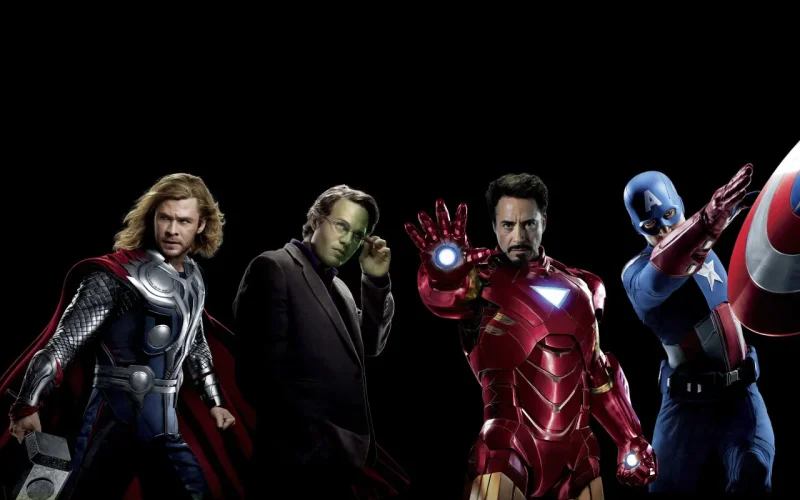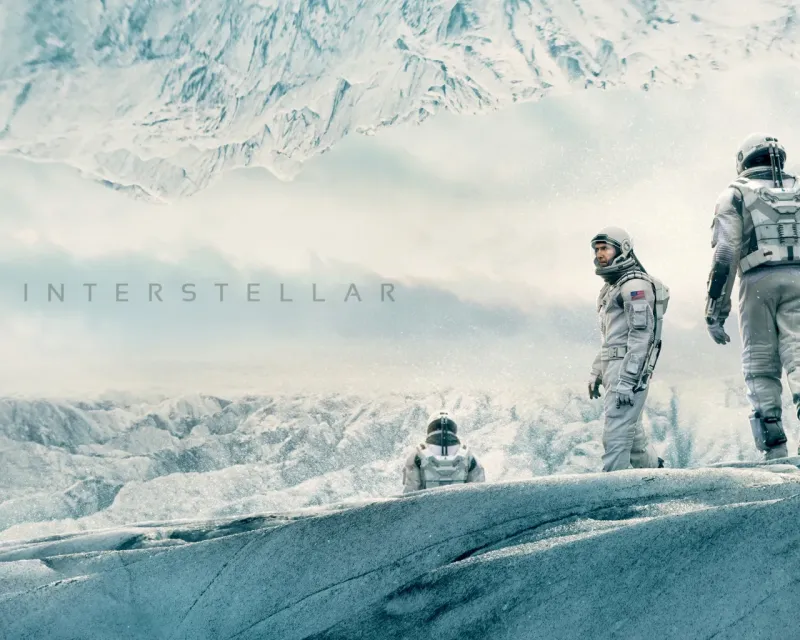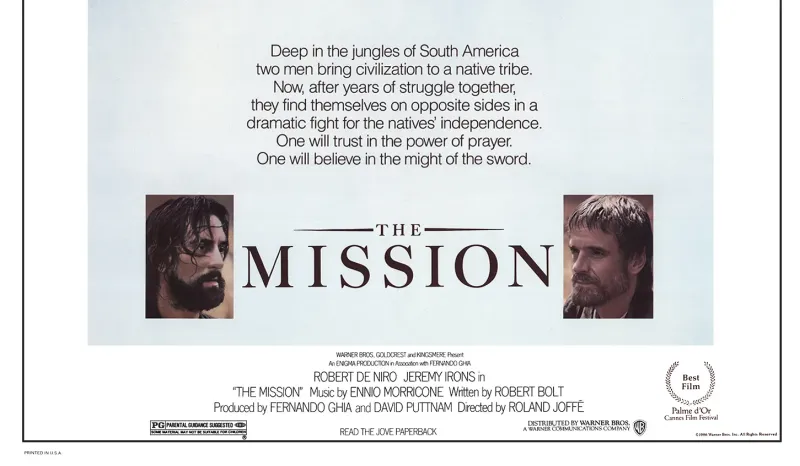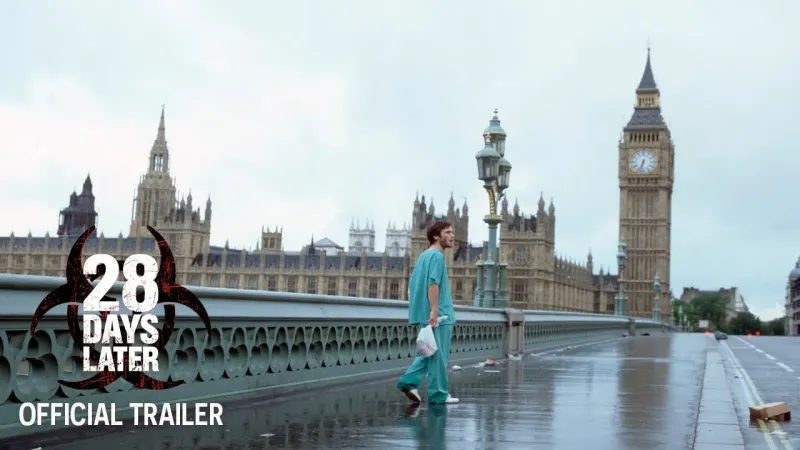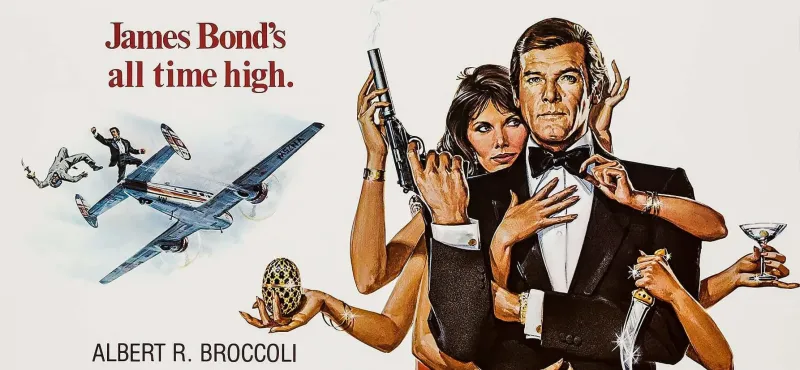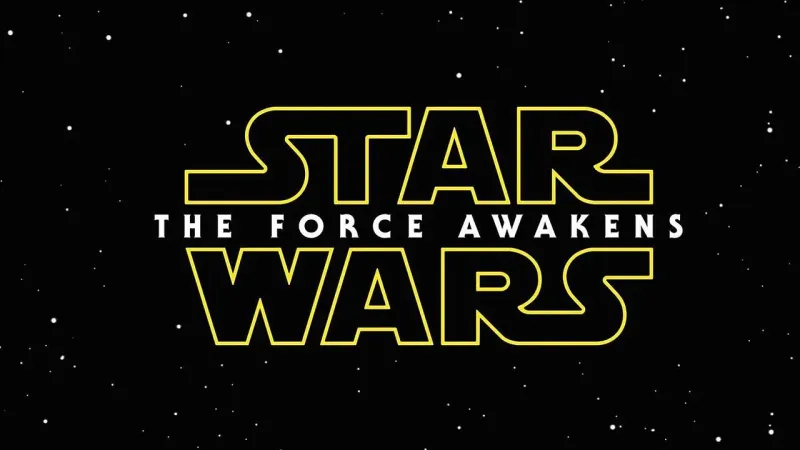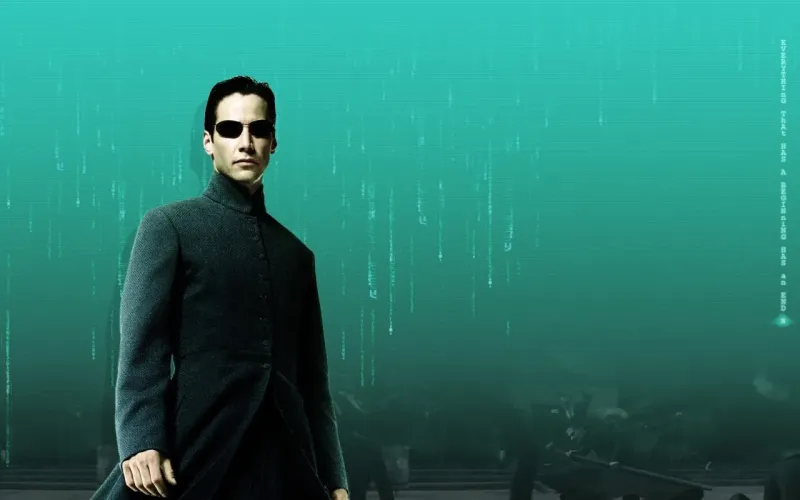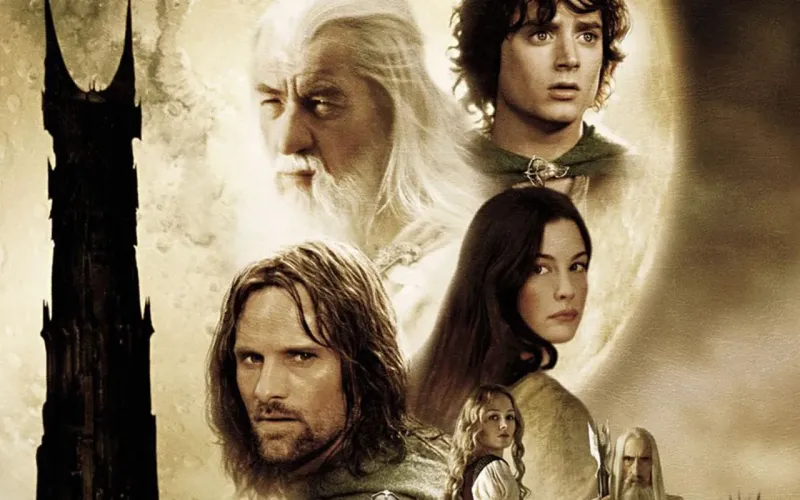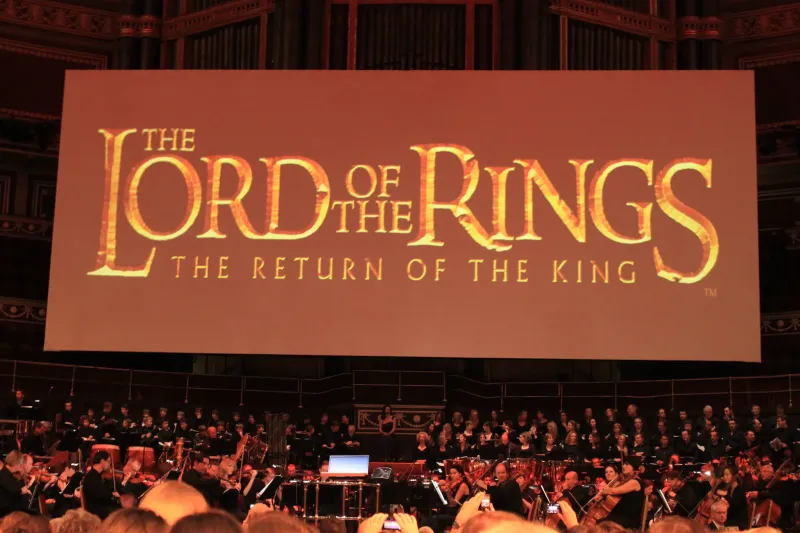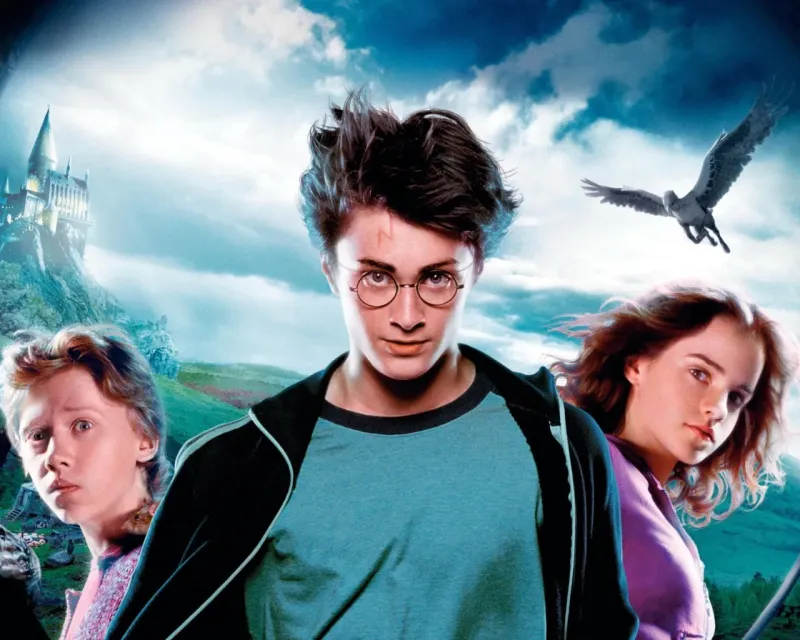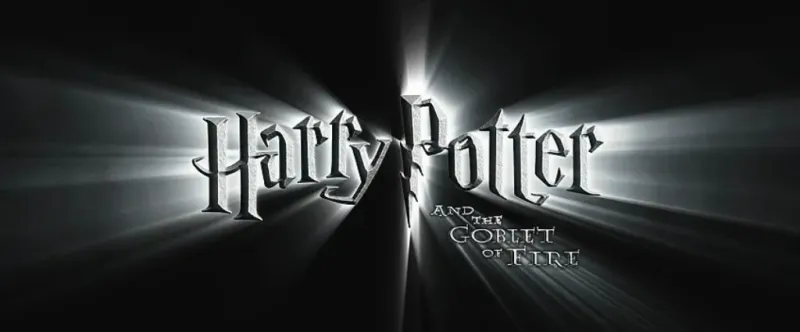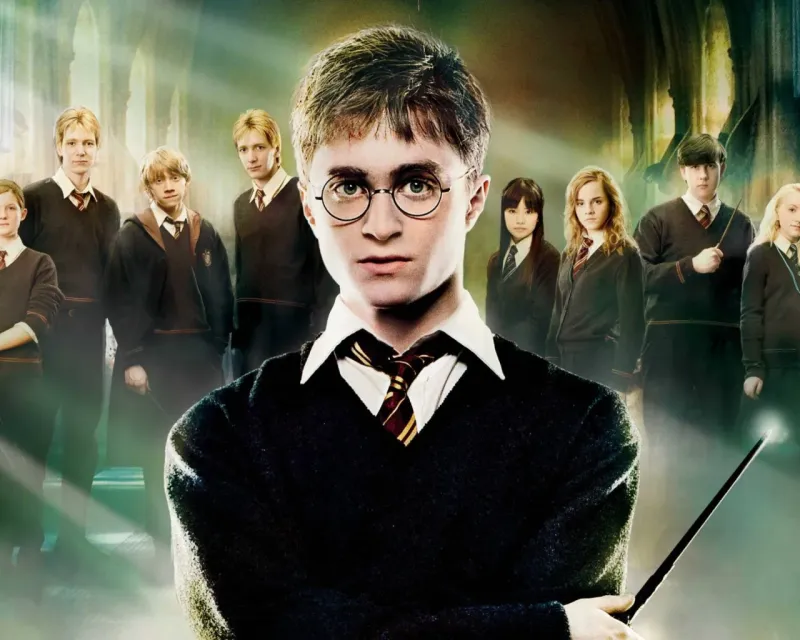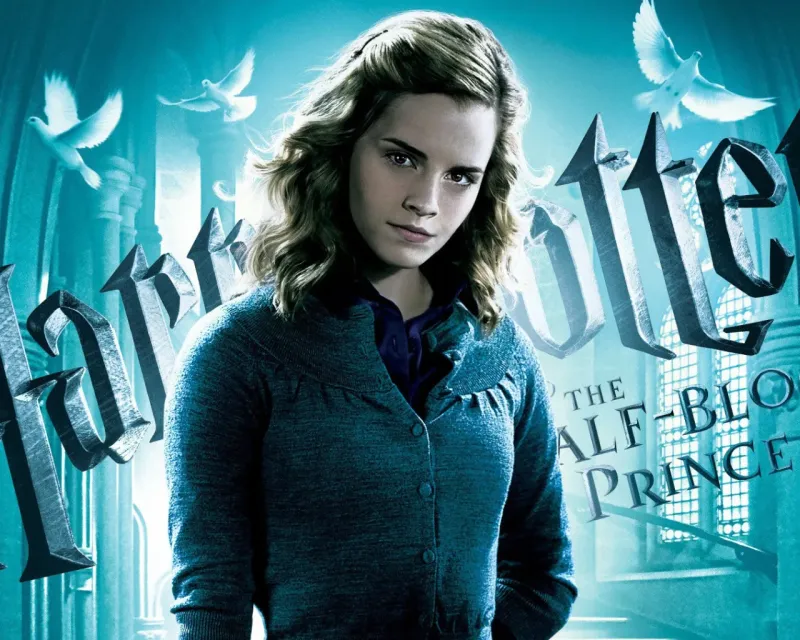Overview and Characteristics
The Avengers is a fictional team of superheroes appearing in American comic books published by Marvel Comics. Created by writer-editor Stan Lee and artist Jack Kirby, the team first appeared in "The Avengers" #1 in September 1963. The original Avengers lineup included iconic characters such as Iron Man, Thor, Hulk, Ant-Man, and the Wasp. Known for their dynamic teamwork and extraordinary abilities, the Avengers are a hallmark of superhero collaboration, often coming together to tackle threats too formidable for any single hero.
Characterized by its diverse roster, the Avengers have included a wide array of members over time, each contributing unique skills and perspectives. This adaptability and diversity are key characteristics that have allowed the team to remain relevant across decades. The Avengers' headquarters, initially located in a Manhattan townhouse, has evolved into the high-tech Avengers Mansion. The team's symbolism, often represented by the letter 'A,' signifies unity and strength, embodying the idea that when heroes unite, they become a force greater than the sum of their parts.
Usage in Popular Culture
The Avengers have transcended their comic book origins to become a cornerstone of modern popular culture. With the advent of the Marvel Cinematic Universe (MCU), the team was brought to life on the big screen, starting with the 2012 film "The Avengers." This film marked a significant cultural moment, showcasing a successful cinematic crossover that brought together characters from various standalone movies. The MCU's portrayal of the Avengers has been pivotal in cementing their status as cultural icons, influencing countless adaptations and merchandise.
In addition to films, the Avengers have featured in animated television series, video games, and a wide range of merchandise, from action figures to apparel. Their presence in various media has made them accessible to audiences worldwide, further solidifying their role as symbols of heroism and teamwork. The Avengers' influence extends beyond entertainment, often serving as inspiration for themes of cooperation and resilience in real-world contexts, proving the lasting impact of these characters and stories.
Context and Impact
The creation of The Avengers was a strategic move by Marvel Comics to capitalize on the growing popularity of superhero teams. At the time, the concept of bringing together various superheroes into a single narrative was innovative, setting a precedent for future comic book crossovers. The Avengers' inception marked a turning point in the superhero genre, showcasing the potential for complex, interconnected storytelling. This approach has influenced both comic book narratives and broader entertainment industries.
The Avengers have had a profound impact on the superhero genre and the entertainment industry at large. By exemplifying themes of unity and diversity, the team has become a beacon of hope and resilience, resonating with audiences across different generations. Their legacy is reflected in the expanded universe they inhabit, inspiring countless creators to explore similar narratives of heroism and collaboration. As a cultural phenomenon, The Avengers continue to shape the landscape of storytelling, proving that the allure of heroes uniting for a common cause remains timeless.
